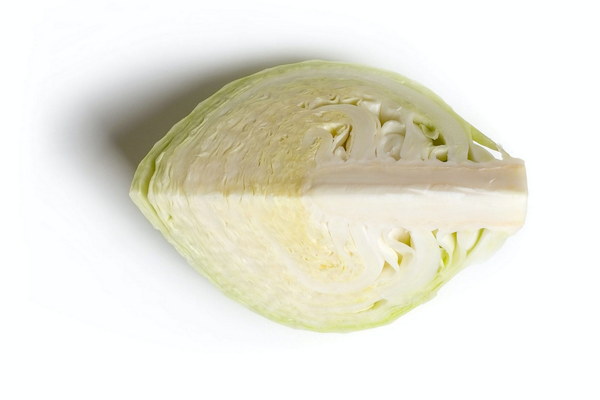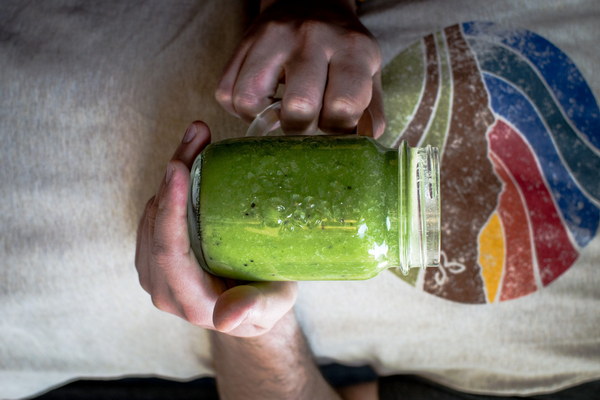Nurturing the Lungs and Relieving Itching Coughing in Children with Allergic Rhinitis A Comprehensive Guide
Introduction:
Allergic rhinitis, commonly known as hay fever, is a common condition among children, causing symptoms like sneezing, runny nose, and itching. One of the key aspects of managing allergic rhinitis in children is to focus on nurturing their lungs and addressing the accompanying itching and coughing. In this article, we will explore various strategies to help children with allergic rhinitis breathe easier and find relief from their symptoms.
1. Understanding Allergic Rhinitis:
Allergic rhinitis occurs when the immune system overreacts to allergens, such as pollen, dust mites, pet dander, and mold. This overreaction triggers inflammation in the nasal passages, leading to the characteristic symptoms. Understanding the root cause is crucial in managing the condition effectively.
2. Nurturing the Lungs:
To support the respiratory system in children with allergic rhinitis, it is essential to focus on lung health. Here are some strategies:
a. Encourage Adequate Hydration: Drinking plenty of fluids helps thin the mucus and makes it easier to expel from the lungs. Water, herbal teas, and clear broths are great options.
b. Practice Breathing Exercises: Breathing exercises, such as pranayama, can improve lung capacity and enhance respiratory function. Teach your child to take deep, slow breaths, focusing on the diaphragm's movement.
c. Consider Aromatherapy: Essential oils like eucalyptus, peppermint, and lavender can help open up the airways and provide relief from congestion. Use these oils in a diffuser or add a few drops to a warm bath.

d. Promote Regular Exercise: Regular physical activity, such as walking, cycling, or swimming, can improve lung capacity and enhance overall respiratory health. Encourage your child to engage in moderate exercise for at least 30 minutes a day.
3. Relieving Itching and Coughing:
Itching and coughing are common symptoms of allergic rhinitis. Here are some tips to help alleviate these symptoms:
a. Use Saline Nasal Sprays: Saline nasal sprays can help clean the nasal passages and reduce itching. Use them as recommended by your pediatrician.
b. Over-the-Counter Antihistamines: Non-sedating antihistamines, such as cetirizine or loratadine, can help reduce itching and runny nose. Consult your pediatrician before administering these medications to children.
c. Steam Therapy: Inhaling steam from a hot shower or a bowl of hot water can help alleviate itching and coughing. Encourage your child to breathe in the steam deeply.
d. Avoid Allergens: Identify and eliminate allergens from your child's environment as much as possible. Use air purifiers, dust mite-proof bedding, and vacuum regularly to reduce allergen exposure.
Conclusion:
Managing allergic rhinitis in children requires a comprehensive approach that focuses on nurturing the lungs and addressing itching and coughing. By implementing the strategies outlined in this article, you can help your child breathe easier and find relief from their symptoms. Always consult with your pediatrician for personalized advice and treatment options for your child's specific needs.









